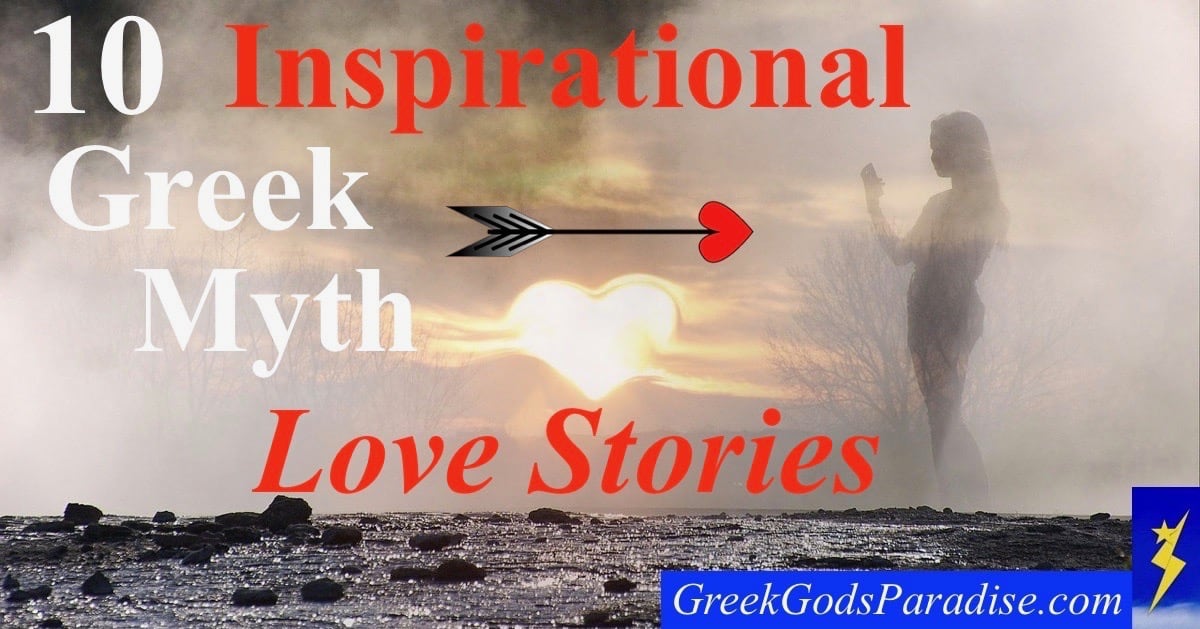mastichas09
Active member
Here is a list of a few of the best romantic myths! You can find a summary of each of them using the link below

 greekgodsparadise.com
greekgodsparadise.com
1. Cupid (Eros) and Psyche
Cupid’s Secret
2. Paris and Helen of Troy
The Beauty Contest
3. Aphrodite and Adonis
4. Hero and Leander
5. Zeus and Europa
6. Perseus and Andromeda
7. Apollo and Daphne
8. Odysseus and Penelope
9. Narcissus and Echo
10. Orpheus and Eurydice

10 Inspirational Greek Myth Love Stories
Through the ages, a handful of Greek myth love stories have captivated and inspired many with their legendary tales of romance. These stories often involved the Gods and Goddesses of ancient Greece, with supernatural events and fateful encounters creating a sense of enchantment that was simply...
 greekgodsparadise.com
greekgodsparadise.com
1. Cupid (Eros) and Psyche
Cupid’s Secret
2. Paris and Helen of Troy
The Beauty Contest
3. Aphrodite and Adonis
4. Hero and Leander
5. Zeus and Europa
6. Perseus and Andromeda
7. Apollo and Daphne
8. Odysseus and Penelope
9. Narcissus and Echo
10. Orpheus and Eurydice




